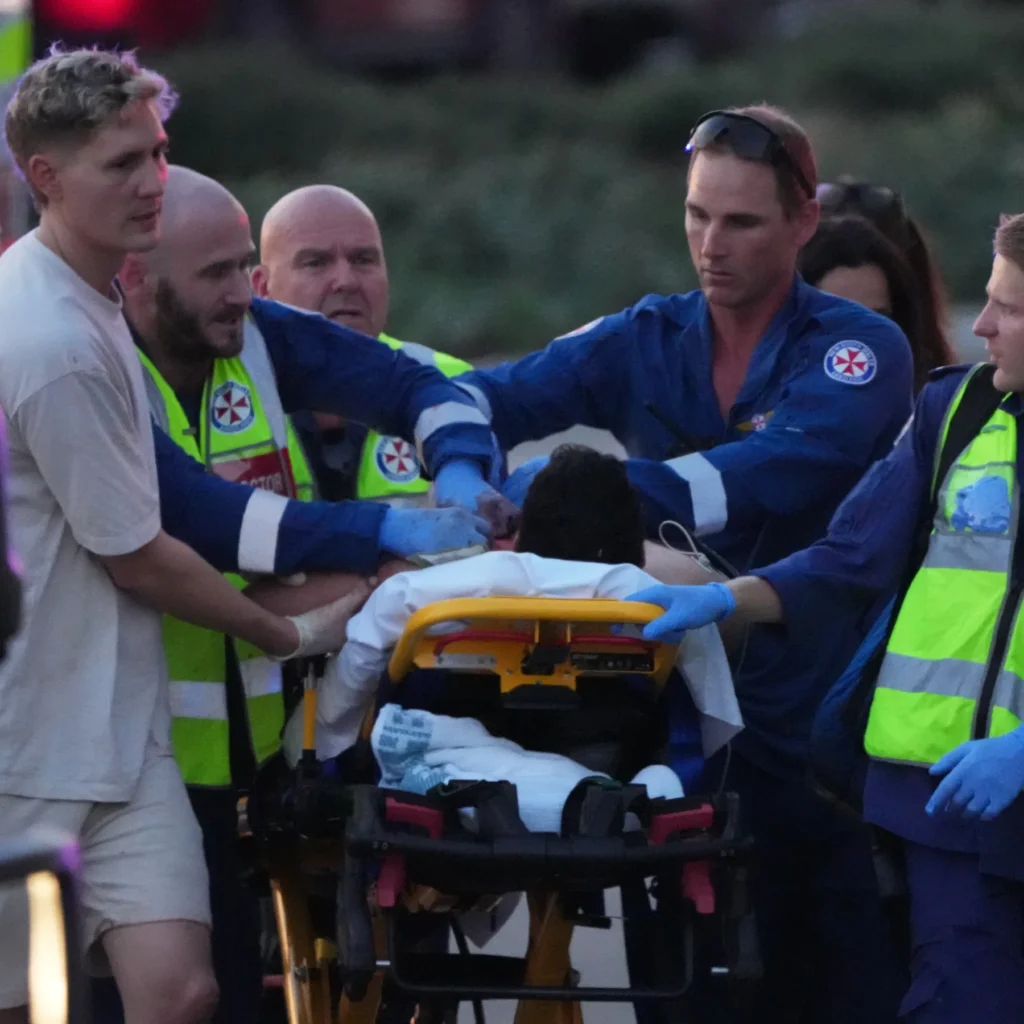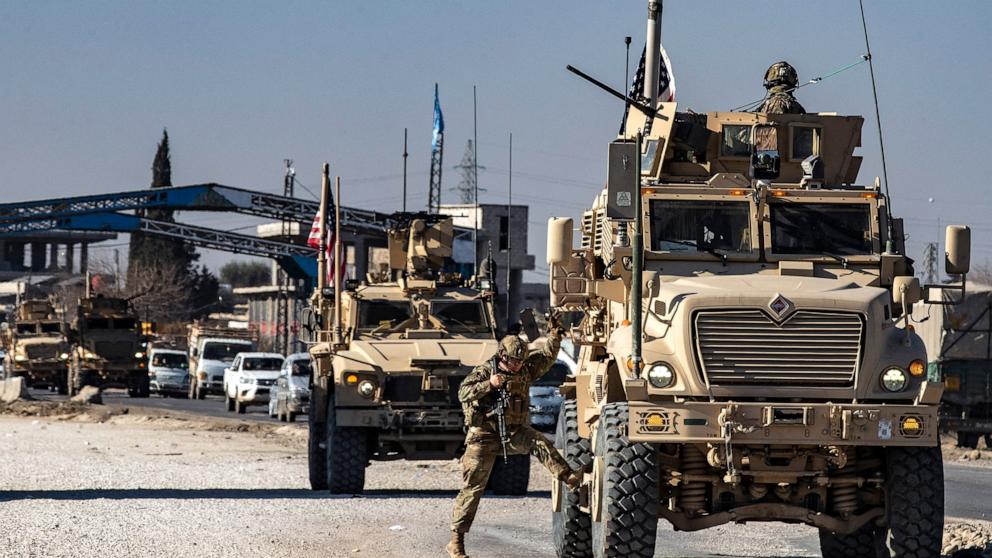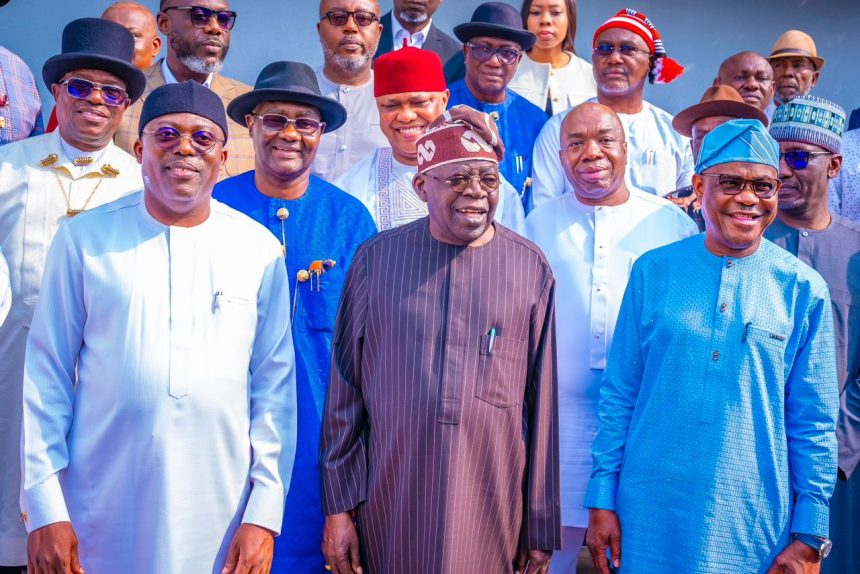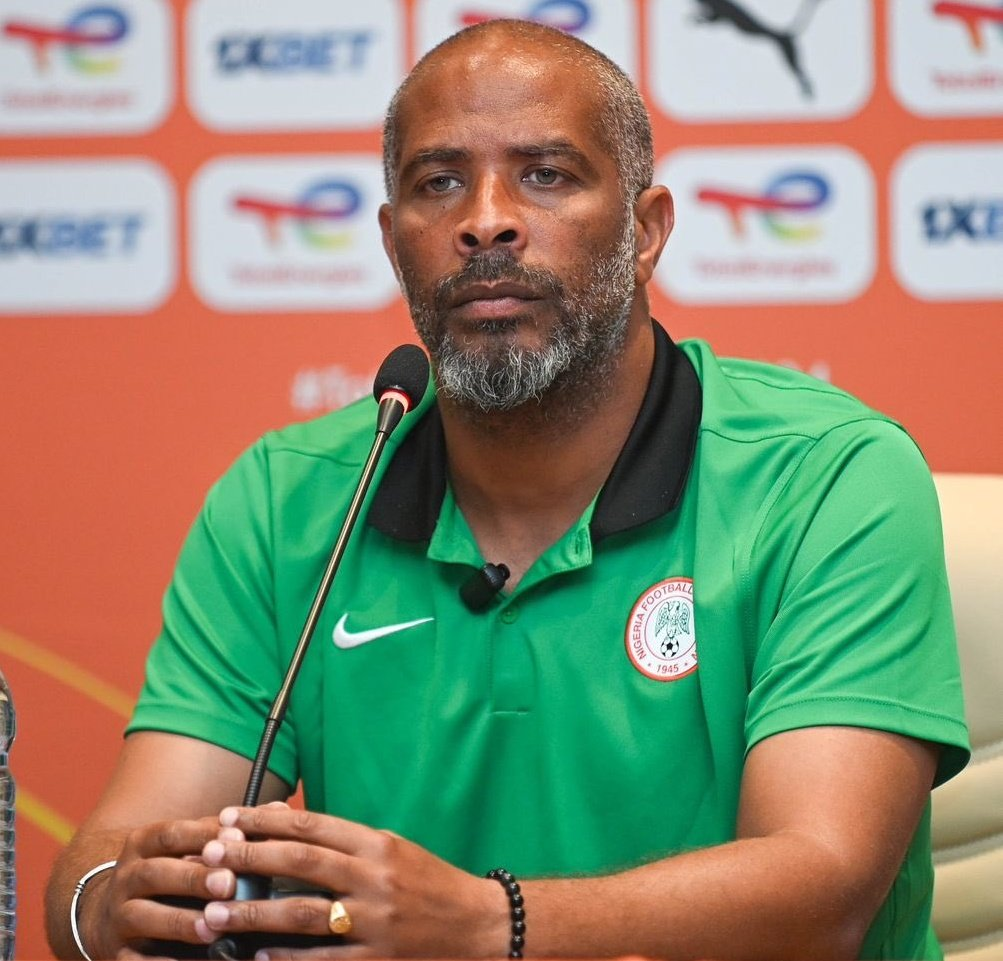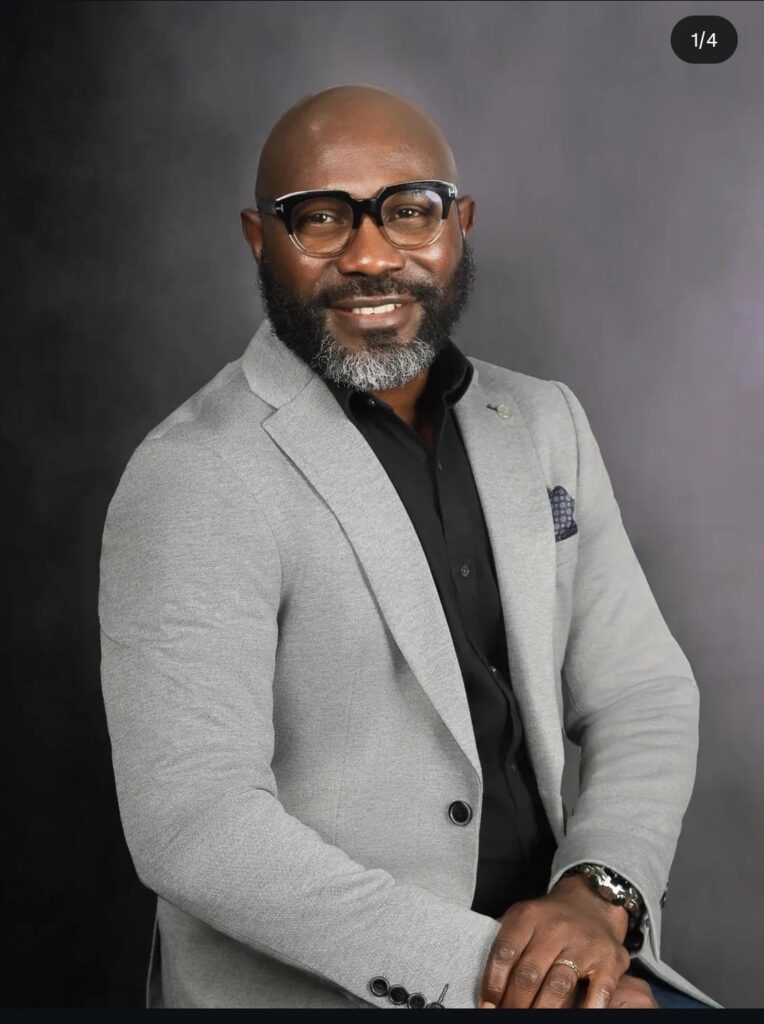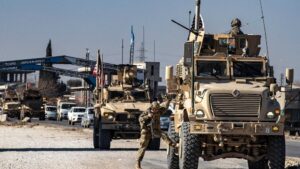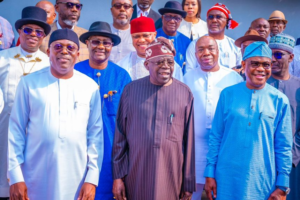Journalists have obtained harrowing testimonies from civilians trapped in Sudan’s civil conflict, detailing incidents of rape, ethnic violence, and public executions. Despite the dangers, our reporters have reached the front lines near the capital, Khartoum, to document the unfolding crisis.
United Nations officials have issued alarming statements, describing the situation as “one of the worst humanitarian nightmares in recent history” and warning of the potential for the world’s largest hunger crisis.
In Darfur, located in the western part of the country, there are mounting concerns that a resurgence of violence akin to the genocide declared by the US two decades ago may be underway.
Suddenly, a deafening explosion rocks the road in Omdurman, catching pedestrians off guard. Chaos ensues as people scramble in panic, shouting warnings of another possible blast. Thick smoke engulfs the area, obscuring visibility.
Just moments earlier, the street had been bustling with activity as locals went about their daily routines, purchasing essentials from recently reopened shops.
In mid-February, the Sudanese army reclaimed control of the city, one of three comprising Sudan’s capital, Khartoum, along the banks of the River Nile. Despite this, civilians have been cautiously returning, only to face the constant threat of mortar attacks, exemplified by the recent strike on this main thoroughfare.
Access for international media to cover the civil conflict that erupted last April has been severely restricted.
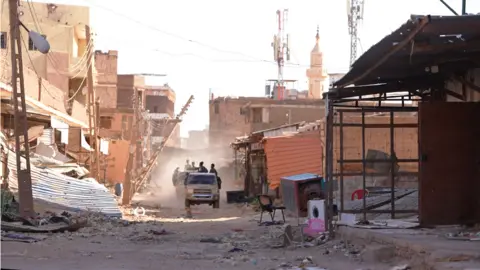
A brutal power struggle between Sudan’s military and its former ally, the Rapid Support Forces (RSF) paramilitary group, has resulted in the deaths of at least 14,000 people nationwide, though the actual toll could be significantly higher.
Over the past year, fierce clashes have erupted between the army and the RSF for control over Khartoum and surrounding cities.
The RSF has asserted dominance in regions south of the capital and has extended its influence into vast territories of Darfur, a region plagued by long-standing conflicts between its diverse African and Arab communities.
Women who have fled the violence in Darfur and sought refuge in neighbouring Chad have shared harrowing stories of rape, often perpetrated multiple times by militiamen. Meanwhile, men who have escaped to the camps recounted experiences of narrowly avoiding street executions and abductions.
The army’s tight control over information reflects its concerns about potential leaks regarding its activities.


